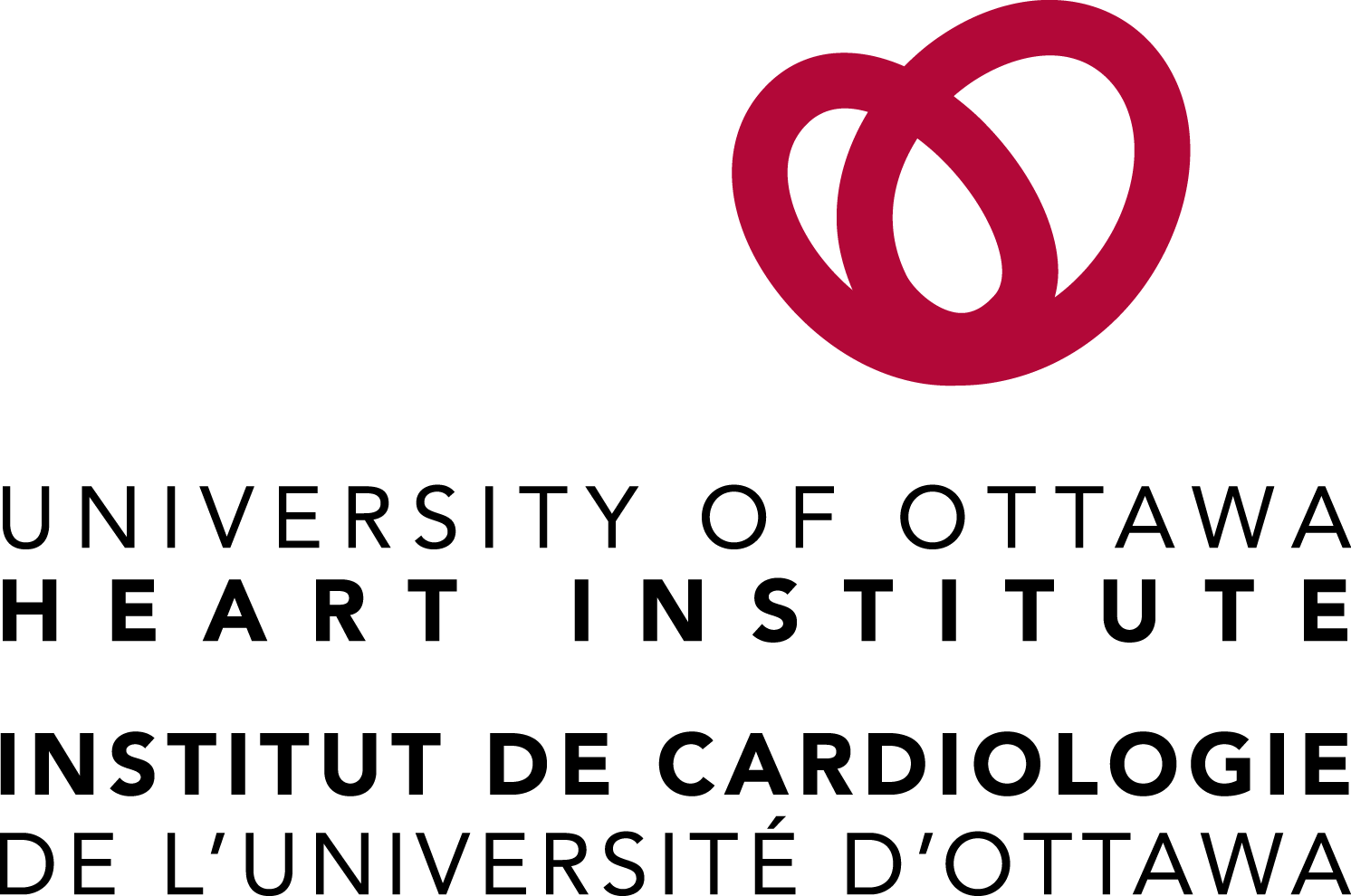Supporting the next generation of women’s cardiovascular health researchers.
LEARN (Learning, Experience, Advice, Research, and Networking): This two-year training and mentoring program is designed to equip trainees and early career researchers with the confidence and skills to integrate sex- and gender-based analysis plus (SGBA Plus) into cardiovascular health research. With the guidance of their mentors, participants will develop the tools and mindset needed to advance both their personal and professional growth.
LEARN was developed in response to the recommendations in Chapter 8 of the Canadian Women’s Heart Health Alliance ATLAS on the Epidemiology, Diagnosis, and Management of Cardiovascular Disease in Women, which identifies key knowledge gaps and the current state of existing research programs in Canada.
Important Dates
Applications open: | December 2, 2024 |
Deadline: | EXTENDED February 3, 2025 (at 11:59 PM EST) |
Notifications sent via email: | February 7, 2025 |
Program Objectives
This 2-year program is structured in three key phases:
Phase 1: Education
Format: Bi-monthly webinars over 2 years
In this phase, participants will attend bi-monthly webinars designed to integrate considerations of sex and gender into every stage of the research process—design, data collection, analysis, and dissemination. Participants will develop skills to critically examine how sex and gender interact with social, cultural, and historical contexts to shape research findings. Additionally, participants will gain an understanding of the ethical importance of incorporating diverse perspectives and will be equipped to implement inclusive research practices early in their careers.
Phase 2: Mentorship
Format: 6-month, 1:1 mentorship matching
Participants will be paired with a mentor for a 6-month term, where they will receive personalized guidance and support in both personal and professional development. Through regular interactions, mentors will provide advice, encouragement, and insights to help participants navigate research challenges and career planning. This mentorship aims to build confidence, enhance research skills, foster self-awareness, and offer constructive feedback, empowering participants to achieve their goals.
Phase 3: Research Project
Format: 6-9 month placement with a Principal Investigator (virtual and in-person)
The final phase offers participants hands-on experience in a real-world research setting. Over the course of 6-9 months, participants will collaborate with an experienced Principal Investigator (PI) on a research project, applying academic knowledge to practical situations. This immersive experience includes a funded in-person component, negotiated between the participant and their mentor (such as a one-week onsite visit or regular visits to a local university lab).
Participants will engage in various aspects of research—such as data collection, analysis, and interpretation—allowing them to gain critical thinking skills and deepen their understanding of research methodologies. This phase also provides valuable networking opportunities and the chance to contribute to meaningful, cutting-edge research.
Note: The mentor during this phase may differ from the mentor in Phase 2.
LEARN: Trainee and Early-Career Researcher Mentoring Program (CWHHA)
Supporting the next generation of women’s cardiovascular health researchers.
LEARN (Learning, Experience, Advice, Research, and Networking): This two-year training and mentoring program is designed to equip trainees and early career researchers with the confidence and skills to integrate sex- and gender-based analysis plus (SGBA Plus) into cardiovascular health research. With the guidance of their mentors, participants will develop the tools and mindset needed to advance both their personal and professional growth.
LEARN was developed in response to the recommendations in Chapter 8 of the Canadian Women’s Heart Health Alliance ATLAS on the Epidemiology, Diagnosis, and Management of Cardiovascular Disease in Women, which identifies key knowledge gaps and the current state of existing research programs in Canada.
Important Dates
Applications open: | December 2, 2024 |
Deadline: | EXTENDED February 3, 2025 (at 11:59 PM EST) |
Notifications sent via email: | February 7, 2025 |
Program Objectives
This 2-year program is structured in three key phases:
Phase 1: Education
Format: Bi-monthly webinars over 2 years
In this phase, participants will attend bi-monthly webinars designed to integrate considerations of sex and gender into every stage of the research process—design, data collection, analysis, and dissemination. Participants will develop skills to critically examine how sex and gender interact with social, cultural, and historical contexts to shape research findings. Additionally, participants will gain an understanding of the ethical importance of incorporating diverse perspectives and will be equipped to implement inclusive research practices early in their careers.
Phase 2: Mentorship
Format: 6-month, 1:1 mentorship matching
Participants will be paired with a mentor for a 6-month term, where they will receive personalized guidance and support in both personal and professional development. Through regular interactions, mentors will provide advice, encouragement, and insights to help participants navigate research challenges and career planning. This mentorship aims to build confidence, enhance research skills, foster self-awareness, and offer constructive feedback, empowering participants to achieve their goals.
Phase 3: Research Project
Format: 6-9 month placement with a Principal Investigator (virtual and in-person)
The final phase offers participants hands-on experience in a real-world research setting. Over the course of 6-9 months, participants will collaborate with an experienced Principal Investigator (PI) on a research project, applying academic knowledge to practical situations. This immersive experience includes a funded in-person component, negotiated between the participant and their mentor (such as a one-week onsite visit or regular visits to a local university lab).
Participants will engage in various aspects of research—such as data collection, analysis, and interpretation—allowing them to gain critical thinking skills and deepen their understanding of research methodologies. This phase also provides valuable networking opportunities and the chance to contribute to meaningful, cutting-edge research.
Note: The mentor during this phase may differ from the mentor in Phase 2.
